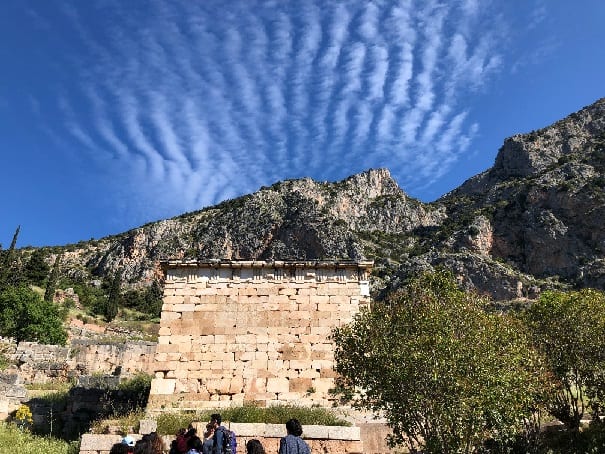Category » Applied Philosophy & Psychology
Resilient Balance: The Dimensions
Last week the discussion focused on the resilient balance of the eight dimensions of wellness. We concluded that as life changes, the emphasis on emotional, environmental, financial, intellectual, occupational, physical, social, and spiritual dimensions also changes. As I researched this topic, I found a helpful site that echoed the premise of last week’s blog: evenly […]
Resilient Balance: First things First
Though I spend little time in the world of financial investment, I am interested in some of the ideas that govern prudent asset management. One of the most unusual combinations of wisdom and investment savvy resides within the Oracle of Omaha, Warren Buffett. I promised myself I would base a blog on one of his […]
Know Thyself VI: A Summary
Heraclitus won my respect years ago. We never step into the same river twice. Anyone who could conceive of that poetic axiom had something going on. And despite the fact that we only have fragments of his obscurely expressed thought, he didn’t stop there. He was the guy who said that Character is fate. And […]
Know Thyself V: Know the Costs
In the Bhagavad-Gita, a young man, Arjuna, is encouraged to step up to his inherited role of leadership. If he assumes that role—the role destiny has chosen for him—he will go to war against his own kith and kin. And he knows, through a prophetic, mentoring god, that some of his own relatives will be […]
Know Thyself IV: Know Your Personality
In this fourth consecutive blog, on Aristotle’s explanation of the Delphic inscription, Know Thyself, the goal is to understand the role that the inborn desire to understand plays in your own soul. One of the most important background facts about this perspective is that Aristotle saw human beings as rational animals. This has two implications. […]
Know Thyself III: Know the World
This is the third consecutive blog on Aristotle and self-understanding, all emanating from the Delphic inscription, Know Thyself. We are on the third of Aristotle’s five-point explanation of the claim that all people, by nature, desire to understand. Today’s focus is on understanding the role that the desire to understand plays in the world. And, […]
Know Thyself II: Movement
Last week we began exploration of the importance of the Delphic inscription “Know thyself.” Why did the ancient Greeks hold self knowledge in such regard? As a next step, it may help to realize that even that basic statement—that knowing oneself is important—must, per Aristotle, occur within a context of comprehensible movement and choice to […]
Know Thyself
The epic inscription at Delphi, from ancient Greek times, is “Know Thyself.” Socrates repeated the recommendation. But it was Aristotle (of course!) who got down to figuring out what that sucker meant and how it was to be done. Aristotle claimed that one could not know oneself until one knew the world. But, he also […]
Psychological First Aid
Humans don’t hesitate to administer self-help when we fall, scrape, or puncture ourselves. We staunch the bleeding, control the pain, cleanse the wound, and protect the damaged area. We call this first aid, probably because these actions represent our first line of defense, usually home- or field-based. We learn this from our parents, teachers, and […]
The Cost of Compassion II
Life serves up coincidences. Within a few days of publishing last week’s blog, on the cost of compassion, I was made aware of a Western University professor’s work on this very subject. When I wrote the piece, I was writing my gut’s response plus some of what I’ve integrated from philosophy and psychology thinking, “No, […]
